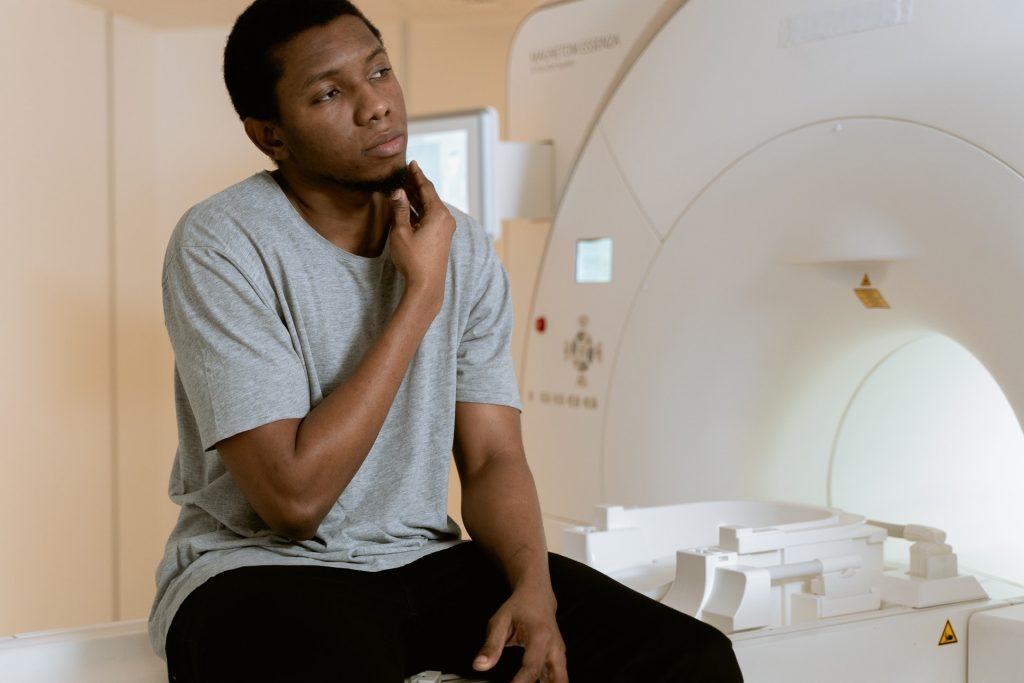
Earlier this year, UCT professor Ambroise Wonkam published the Three Million African Genomes (3MAG) project in Nature, which he said started with a “crazy idea”. Now, it looks like his vision is starting to take shape.
The idea of creating a huge library of genetic information about the population of Africa emerged from his work on how genetic mutations among Africans contribute to conditions like sickle-cell disease and hearing impairments.
African genes contain great genetic variation, more than that seen outside of Africa. As he explained, “We are all African but only a small fraction of Africans moved out of Africa about 20–40 000 years ago and settled in Europe and in Asia.”
Another concern for Prof Wonkam is equity, saying: “Too little of the knowledge and applications from genomics have benefited the global south because of inequalities in health-care systems, a small local research workforce and lack of funding.”
Thus far only about 2% of genomes mapped are African, a good proportion of which are African American. This stes from a lack of prioritising funding, policies and training infrastructure, he says, but it also means the understanding of genetic medicine as a whole is lopsided. By studying African genomes, injustics can be corrected, such as finding that genetic risk profiles based on Europeans could be misleading for those of African descent.
To address these disparities, Prof Wonkam and other scientists are speaking to governments, companies and professional bodies across Africa and internationally, in order to build up capacity over the next decade to make the vision a reality.
He expects three million is the number needed to accurately map genetic variations across Africa. The project will take a decade, he says, costing around $450m per year, with industry already showing interest.
Biotech firms welcome prospects of new data
The Centre for Proteomic and Genomic Research (CPGR) in Cape Town works with biotech firm Artisan Biomed on a variety of diagnostic tests. Gaps in the applicability of genetic data to the local population are a challenge for the firm, it said.
A genetic mutation in someone could be found but it would be uncertain if that variation is associated with a disease, especially as a marker for that particular population.
“The more information you have at that level, the better the diagnosis, treatment and eventually care can be for any individual, regardless of your ethnicity,” said Dr Lindsay Petersen, the company’s chief operations officer.
Artisan Biomed says the data it collects feeds back into CPGR’s research – allowing them to design a better diagnostic toolkit that is better suited to African populations, for instance.
Dr Judith Hornby Cuff said that the 3MAG project would help streamline processes and improve research, and one day could provide cheaper, more effective and more accessible health care, particularly in the strained South African system.
Prof Wonkam acknowledged that while the costs are huge, the project will “improve capacity in a whole range of biomedical disciplines that will equip Africa to tackle public-health challenges more equitably”.
“We have to be ambitious when we are in Africa. You have so many challenges you cannot see small, you have to see big – and really big,” he said.
Source: BBC News

